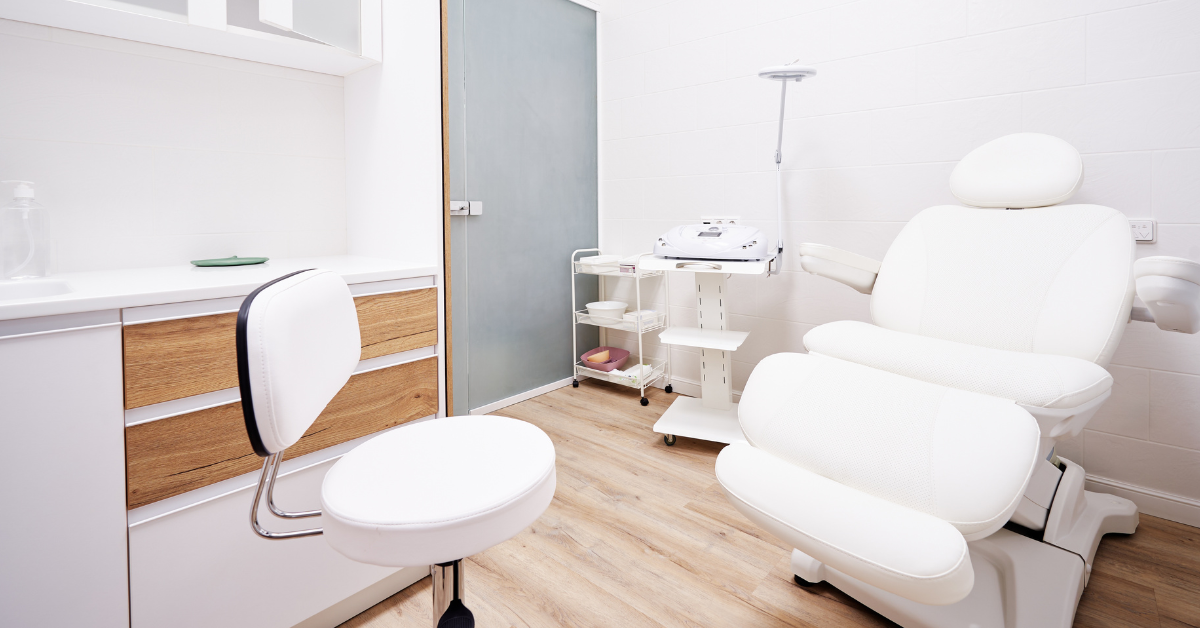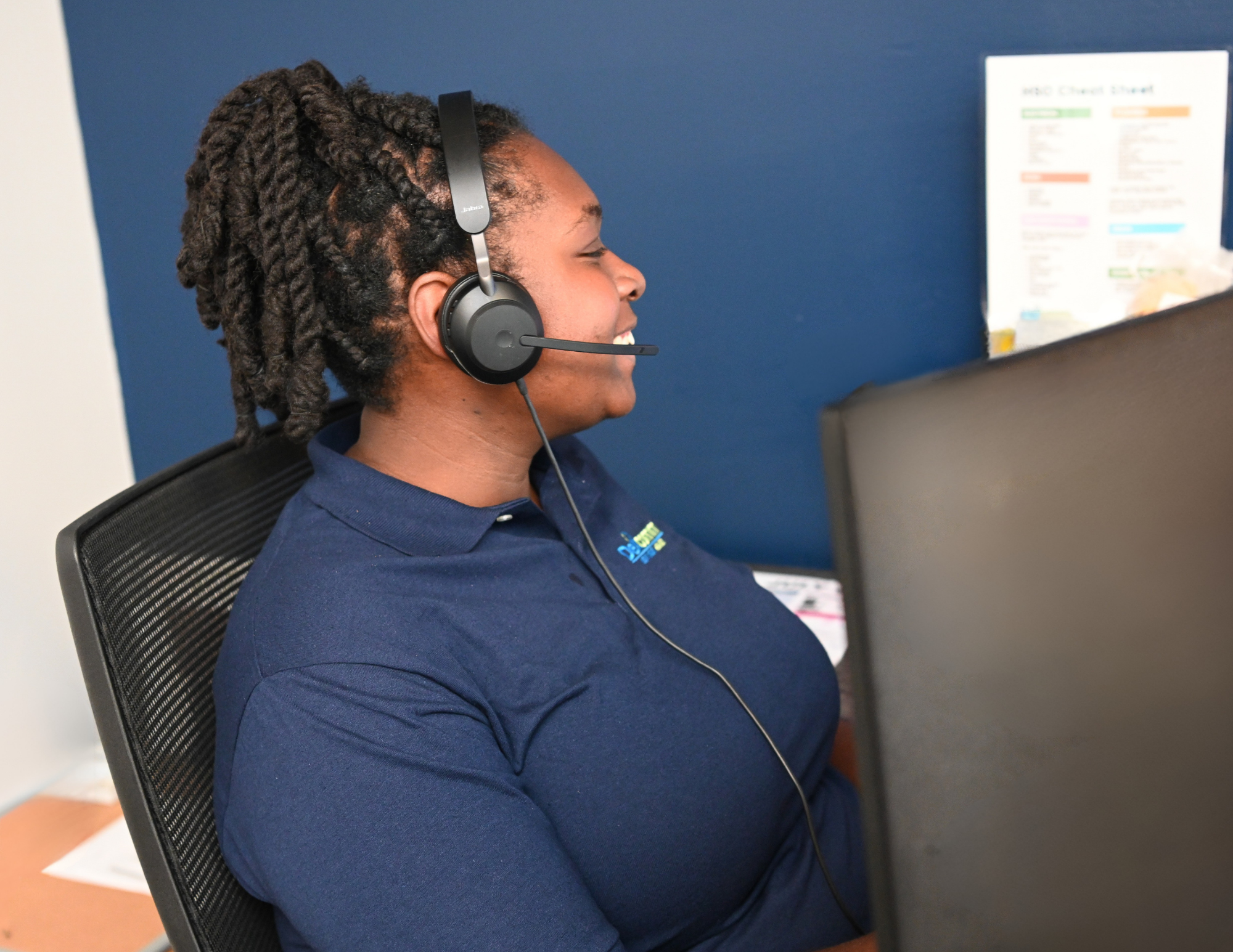
Are your medical office receptionists or nurses having trouble communicating with your elderly patients over the telephone?
Certain telephone technology such as voicemail options, call waiting, and multiple lines can be challenging for elderly callers. In addition, many seniors deal with hearing loss, vision loss and dementia. Therefore, delivering and receiving critical information by telephone can be especially difficult for all involved.
Luckily, our training expert here at Dexcomm has put together a few tips and guidelines that can help overcome these communication barriers for both your elderly patients and phone operators.
Share this with the staff members at your medical office to help improve communication between your patients and employees.
6 Tips for Communicating with Your Senior Patients
1. Know your patients.
Know your patients’ habits, disabilities and barriers so that you can better help them and service their needs. If you have a shift change or a new phone operator, update them on your patients’ habits.
Example: Mrs. Green usually has trouble hearing but never has trouble talking. Today, she calls in and seems to be struggling with her speech.
This might be a good indicator that something is wrong with Mrs. Green. Ask her questions such as how she is feeling today and if she knows her location. She might not always be aware of her condition. This could be a matter of life and death for some patients.
2. Speak clearly.
It is important to speak clearly but not yell. Yelling is rude, disrespectful and often unnecessary. Instead of yelling at your senior patients, use simpler words and phrases and practice call etiquette to help decrease the communication barrier. Rephrase your statement if the elderly patient seems confused. Enunciate clearly and pay special attention to vocal quality.
3. Take your time.
Taking your time with the elderly caller is very important. If you are rushed, it will only add to the frustration with sending and receiving the information over the phone. If your patient is asking you to repeat things often, you are most likely speaking too quickly.
Slow your speech down and speak more clearly in order to help your patient. Senior citizens may react at a slower pace, so give them a chance to respond.
Patience is a must for phone operators, especially those interacting with elderly patients and callers.
4. Ask the right questions.
Knowing when and how to ask certain questions in order to get valuable information from your patient is important to his/her health and safety. Patients don’t always freely offer information unless asked.
Remember these few tips:
- Questions may need to be asked, rephrased or asked again.
- The reason for the call may need to be paraphrased and reconfirmed.
- The caller may need to be queried whether they have lingering questions or concerns before ending the call
5. Listen carefully.
Practice active listening when speaking with an elderly caller and never interrupt them. Don’t rush them or come to conclusions about what they’re saying. Never finish their sentences, and be sure to keep track of what is being said.
6. Show respect.
Remember to respect your elders. This means using titles such as Mr., Mrs. and Dr. Avoid patronizing language or tone. Speaking in an exaggerated slow fashion, using condescending tones or vocabulary, and yelling are all very rude techniques to communicate with a senior patient.
Key Points
Working with elderly patients can prove to be challenging but also very rewarding if you help protect their health and ensure their safety. Be patient and use your instincts to break down the communication barriers. Remember that one day, we might all be the senior on the other end of the line.
If you need assistance handling the calls to your medical or doctor's office, consider Dexcomm. Dexcomm is HIPAA compliant, can work with your CRM for appointment scheduling and provides after-hours call answering. Discover how Dexcomm can help your medical practice grow here.




.png)
